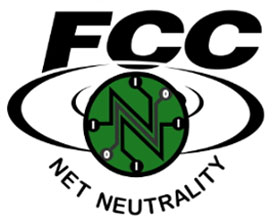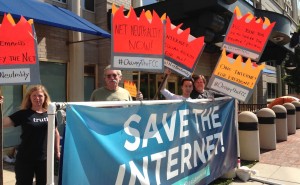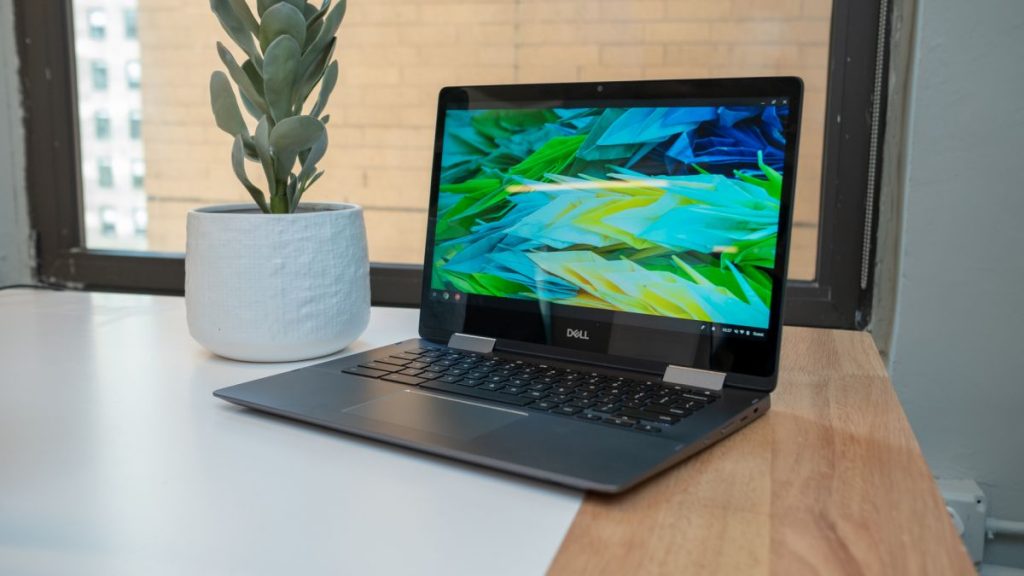

Today’s decision has been hailed as an historic victory for the so-called Open Internet advocates. The new rules, which were approved 3 to 2 along party lines, are intended to ensure that no content is blocked and that the internet is not divided into pay-to-play fast lanes for the big companies that can afford it and slow lanes for those who cannot. Supporters of the new classification argue that today’s ruling was necessary so that the agency can establish legal authority in order to have any regulatory power over broadband at all. In turn, the FCC has vowed not to regulate broadband as strongly as it could, and says that it will not control broadband prices. The new rules include a line guaranteeing that the FCC will not regulate “unbundling, tariffs, or other forms of rate regulation”.


Not surprisingly, the most vocal opposition comes from major ISPs (Internet service providers) like AT&T (who has publicly decried the ruling as “nonsense”) and Verizon, who took their displeasure yet another step further. This afternoon, in a statement typed on a Remington typewriter and datelined February 26, 1934, Verizon criticized the rules as antiquated and likely to create uncertainty that will hurt innovation. It is almost a certainty that the classification will be challenged and further fought out in Congress and in the courts, but for now the ruling stands. The full FCC order will be available on the commission’s website within the next few weeks and will take effect 60 days after being published in the Federal Register.

 Laptop & Tablet Parts
Laptop & Tablet Parts




















